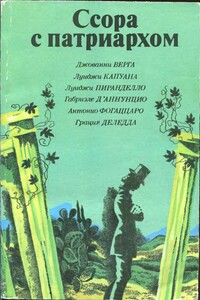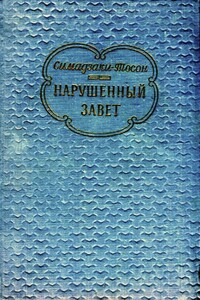Best Short Stories | страница 33
How was it, for instance, that we never were a crowd, never either too many or too few, always the right people with the right people (there must really have been no wrong people at all), always coming and going, never sticking fast nor overstaying, yet never popping in or out with an indecorous familiarity? How was it that we all sat where we wanted and moved when we wanted and met whom we wanted and escaped whom we wanted; joining, according to the accident of inclination, the general circle or falling in with a single talker on a convenient sofa? Why were all the sofas so convenient, the accidents so happy, the talkers so ready, the listeners so willing, the subjects presented to you in a rotation as quickly fore-ordained as the courses at dinner? A dearth of topics would have been as unheard of as a lapse in the service. These speculations couldn’t fail to lead me to the fundamental truth that Brooksmith had been somehow at the bottom of the mystery. If he had not established the salon at least he had carried it on. Brooksmith, in short, was the artist!
We felt this, covertly, at the time, without formulating it, and were conscious, as an ordered and prosperous community, of his evenhanded justice, untainted with flunkeyism. He had none of that vulgarity — his touch was infinitely fine. The delicacy of it was clear to me on the first occasion my eyes rested, as they were so often to rest again, on the domestic revealed, in the turbid light of the street, by the opening of the house-door. I saw on the spot that though he had plenty of school he carried it without arrogance — he had remained articulate and human. L’Ecole Anglaise,[26] Mr. Offord used to call him, laughing, when, later, it happened more than once that we had some conversation about him. But I remember accusing Mr. Offord of not doing him quite ideal justice. That he was not one of the giants of the school, however, my old friend, who really understood him perfectly and was devoted to him, as I shall show, quite admitted; which doubtless poor Brooksmith had himself felt, to his cost, when his value in the market was originally determined. The utility of his class in general is estimated by the foot and the inch, and poor Brooksmith had only about five feet two to put into circulation. He acknowledged the inadequacy of this provision, and I am sure was penetrated with the everlasting fitness of the relation between service and stature. If he had been Mr. Offord he certainly would have found Brooksmith wanting, and indeed the laxity of his employer on this score was one of many things which he had had to condone and to which he had at last indulgently adapted himself.








